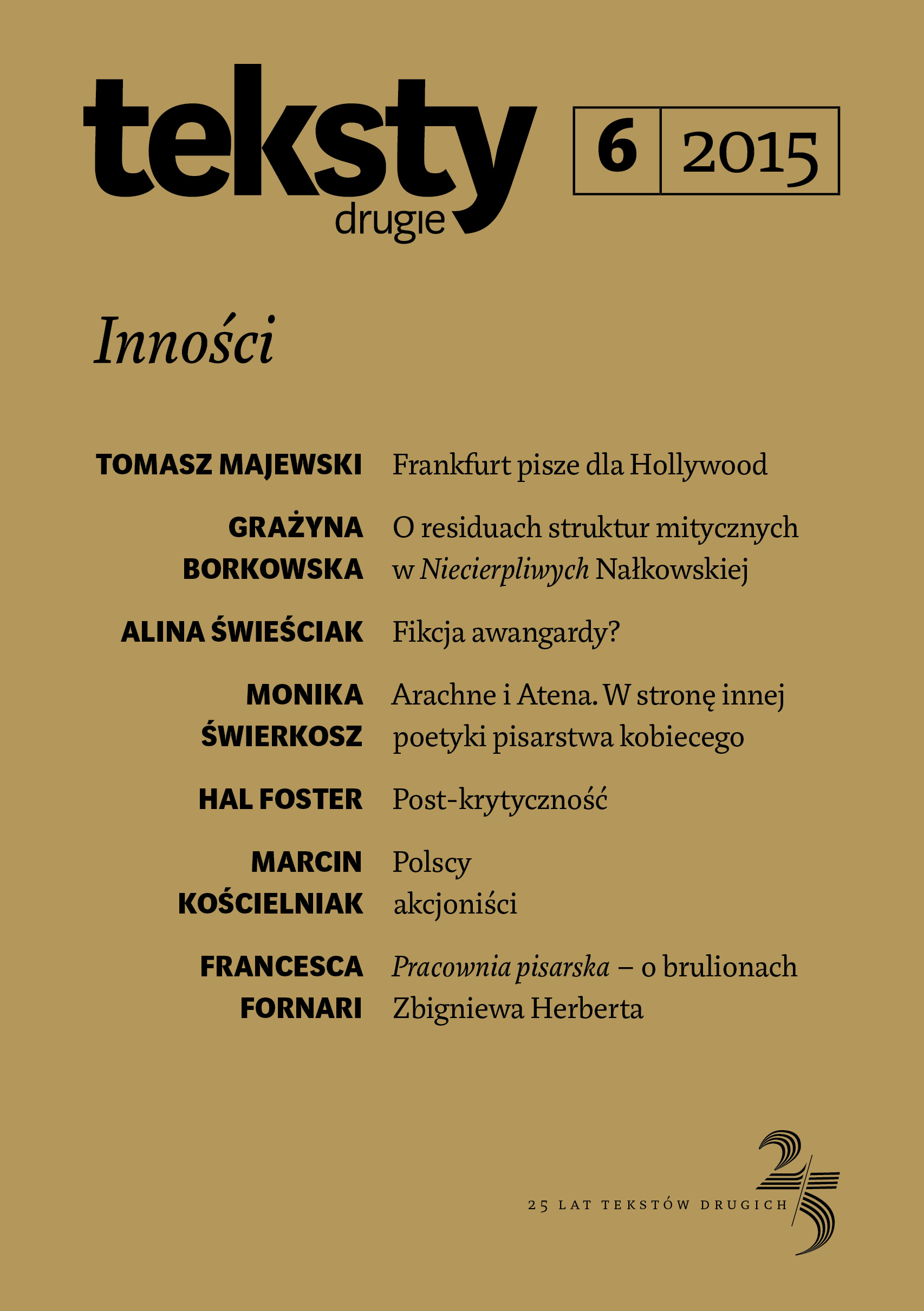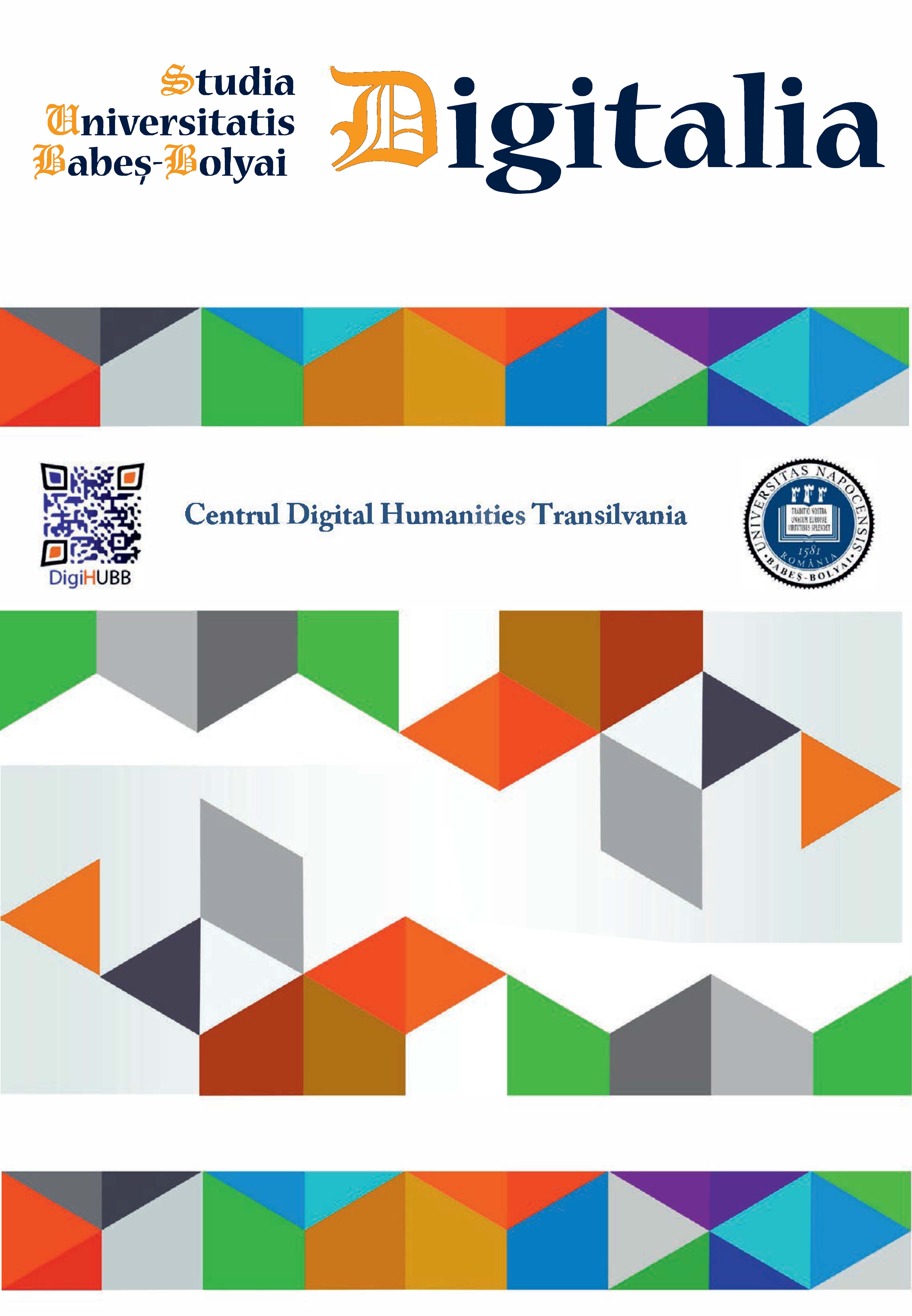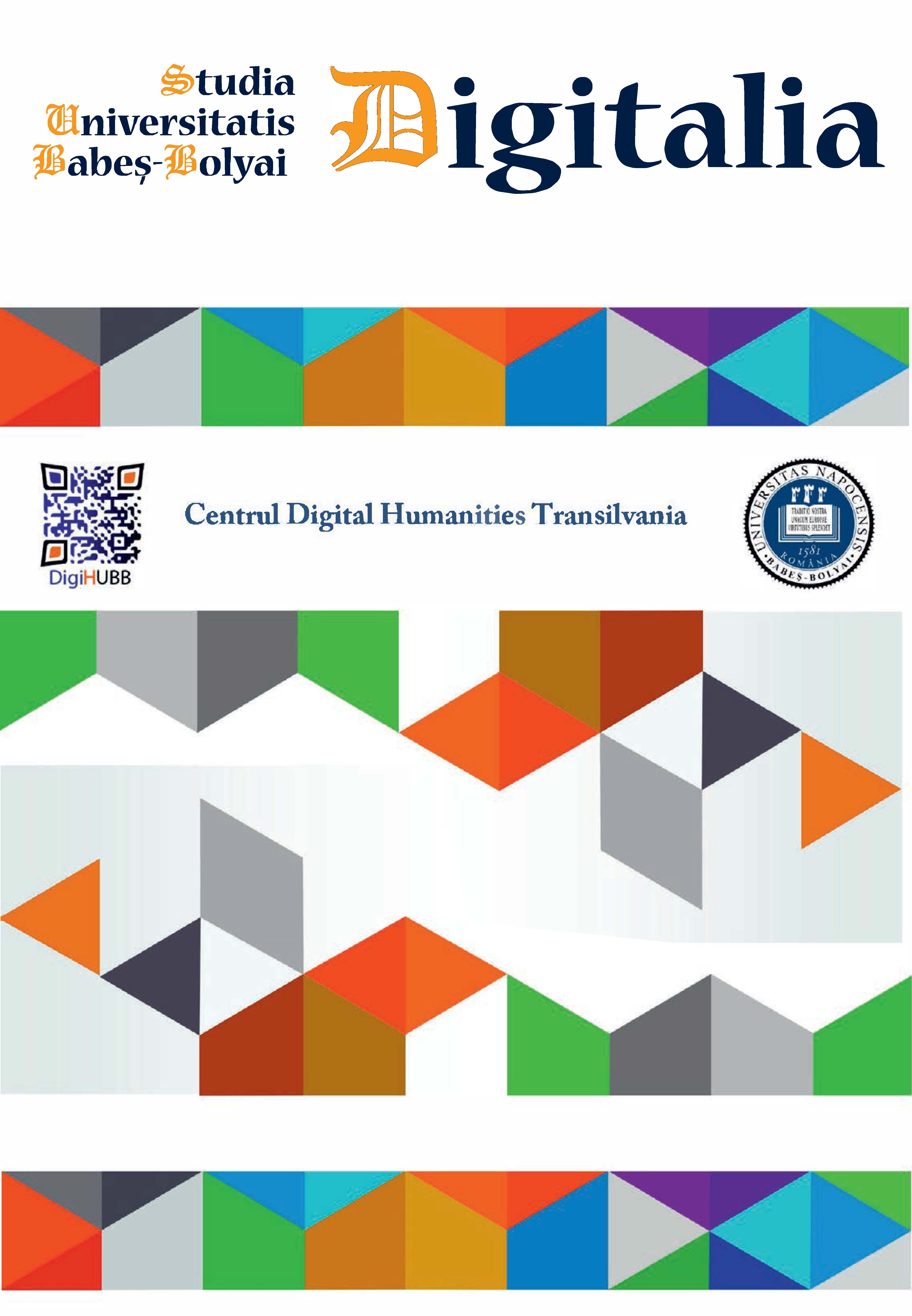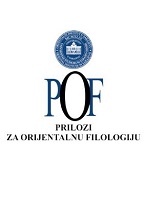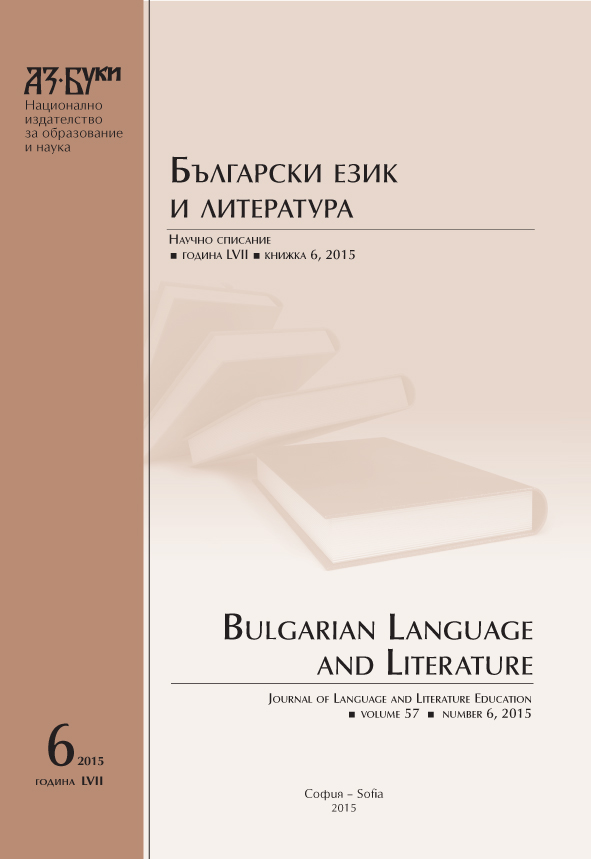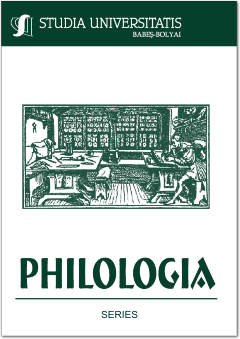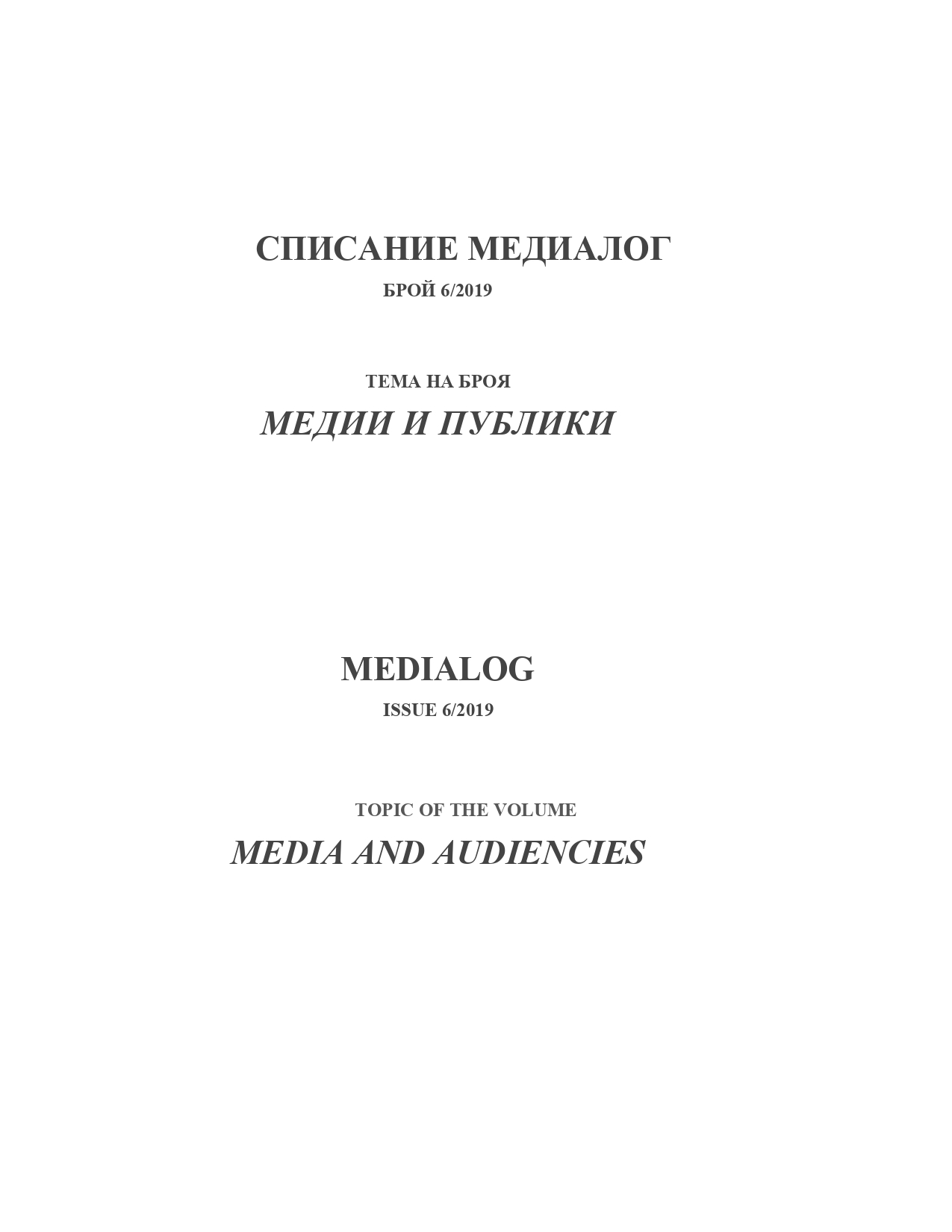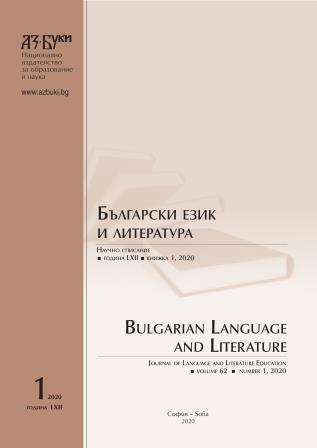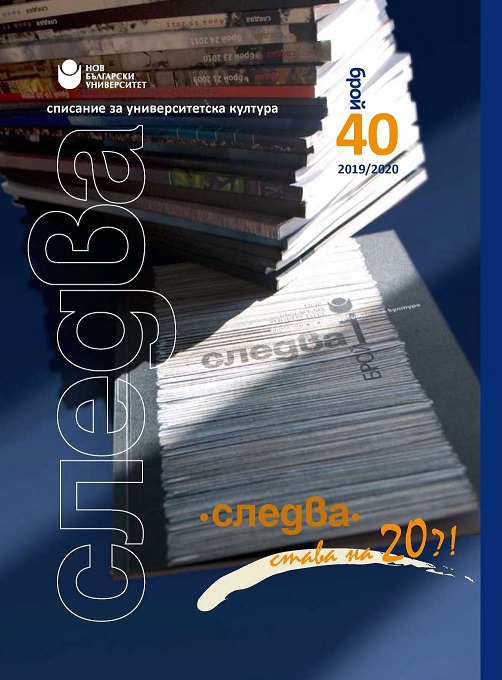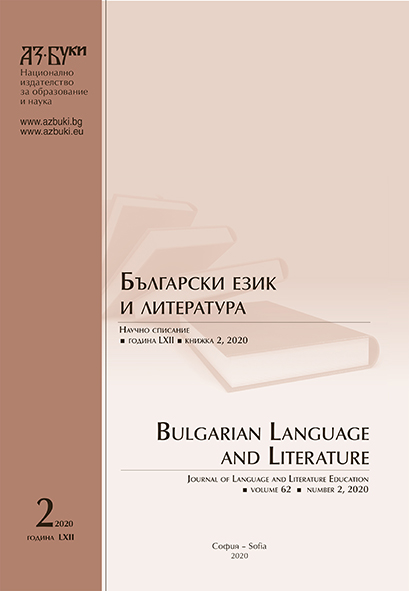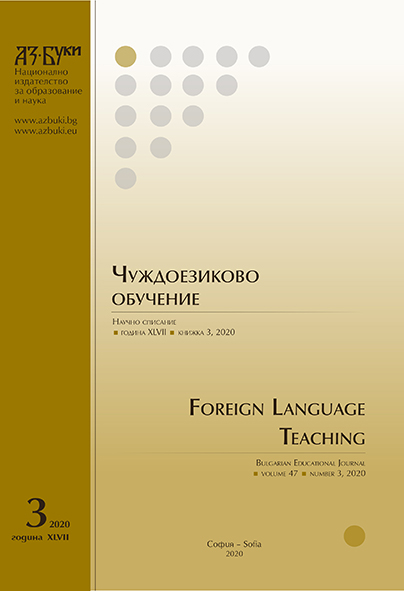Author(s): Dželila Babović,Aida Smailbegović,Goran Pavelić,Ekrem Čaušević,Madžida Mašić,Muamer Hodžić,Amina Šiljak-Jesenković,Alma Omanović-Veladžić,Nihad Dostović,Nedim Zahirović,Adis Zilić / Language(s): Bosnian
Issue: 67/2018
Reviews of:
Esad Duraković, "Klasično pjesništvo na arapskom, perzijskom i turskom jeziku. Poetološki pristup", Orijentalni institut u Sarajevu, Posebna izdanja LII, Sarajevo, 2018, 367.; by: Dželila Babović
"Katalog arapskih, turskih i bosanskih rukopisa Muzeja Hercegovine Mostar", obradile Dželila Babović, Madžida Mašić, Orijentalni institut u Sarajevu, Muzej Hercegovine Mostar, Sarajevo 2017, 187.; by: Aida Smailbegović
Ekrem Čaušević, "Ustroj, sintaksa i semantika infinitnih glagolskih oblika u turskom jeziku", Ibis grafika, Zagreb 2018, 358.; by: Goran Pavelić
Marzanna Pomorska, "Russian loanwords in the chulym turkic dialects", Księgarnia Akademicka, Kraków 2017, 266.; by: Ekrem Čaušević
Ewa Siemieniec-Gołaś, "Anonymous italian-turkish dictionary from the Marsigli collection in Bologna", Księgarnia Akademicka, Kraków 2015, 172.; by: Ekrem Čaušević
"A Crimean Karaim - English Dictionary", Gulayhan Aqtay and Henryk Jankowski. Department of Asian Studies, Faculty of Modern Languages and Literatures, Adam Mickiewicz University in Poznan, Poznan 2015; cca. 10 000 riječi, 493.; by: Goran Pavelić
Alena Ćatović, "Tragom priče o šejhu Sanʼānu: Hasan Zijaija Mostarac i njegova pripovijest o šejhu Abdurezzāku", Posebna izdanja L, Orijentalni institut, Sarajevo, 2017, 288.; by: Madžida Mašić
M. Fatih Köksal, Sana Benzer Güzel Olmaz, "Divan Şiirinde Nazire", Büyüyen Ay Yayınları, İstanbul, 2018, 190.; by: Madžida Mašić
Aladin Husić, "Crna Gora u defteru Dukađinskog sandžaka iz 1570. godine", Posebna izdanja LI, Državni arhiv Crne Gore i Univerzitet u Sarajevu – Orijentalni institut, Cetinje – Sarajevo, 2017, 282.; by: Muamer Hodžić
Faruk Taslidža, "Bosanski ejalet u doba Bečkog rata (1683-1699)", Izdanja Federalnog ministarstva obrazovanja i nauke, knj. 12, Mostar 2017, 220.; by: Adis Zilić
"Bosna i Hercegovina u spisima Ahmeda Dževdet-paše", prevela s osmanskog i priredila Kerima Filan, Connectum, Sarajevo 2017, 262.; by: Amina Šiljak-Jesenković
Hana Younis, "Od dućana do pozorišta: sarajevska trgovačka elita 1851-1878", Historijske monografije, knjiga 15, Institut za historiju, Sarajevo, 2017, 357.; by: Alma Omanović-Veladžić
"Katalog osmanskih dokumenata (I)", obradila Azra Gadžo-Kasumović, Gazi Husrev-begova biblioteka u Sarajevu, Sarajevo 2018, 448.; by: Nihad Dostović
Agron Islami, Selim Selimi, Hatixhe Ahmeti, "Epitafet në gjuhën Osmane: deshifrimi dhe përkthimi i tyre në regjionin e Prishtinës", Fakulteti i Studimeve Islame, Prishtinë, 2017, 133.; by: Nedim Zahirović
Selami Şimşek, "Tasavvuf Edebiyati Terimleri Sözlüğü", Litera yayıncılık, Istanbul 2017, 416.; by: Aida Smailbegović
İbrâhîm Hâs Halvetî, "Erenler Kitabi: Tezkiretü’l-Hâs", haz. Mustafa Tatçı, Musa Yıldiz, Yasin Şen, H Yayınları, İstanbul, 2017, 625.; by: Madžida Mašić
İsam Tahkikli "Neşir Kilavuzu", haz. Okan Kadir Yılmaz, Türkiye Diyanet Vakfı Yayınları, Ankara, 2018.; by: Madžida Mašić
More...
